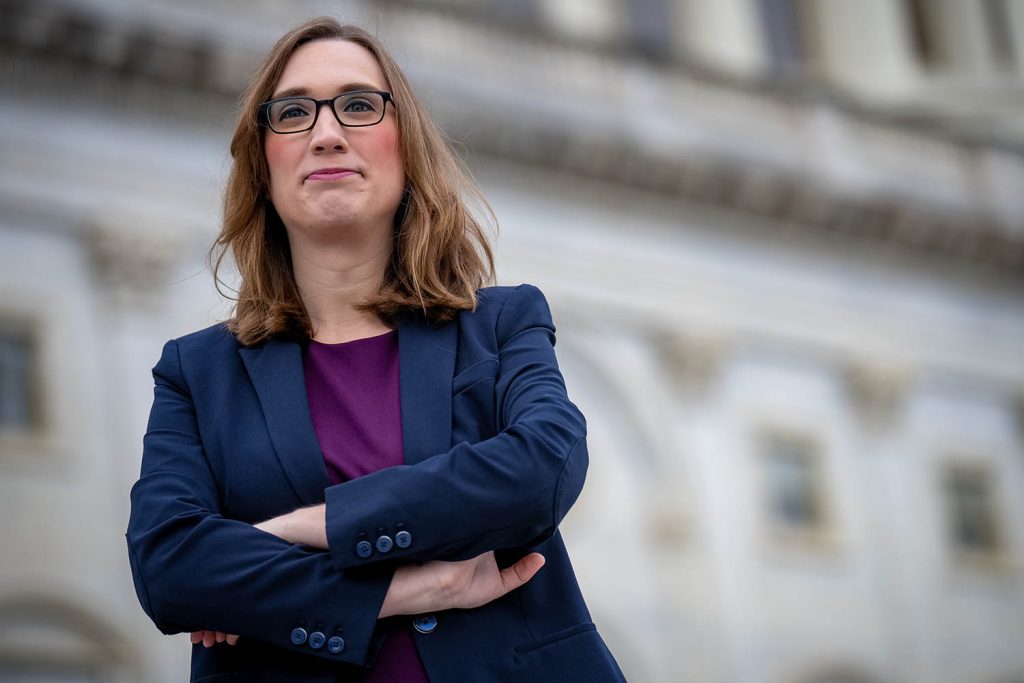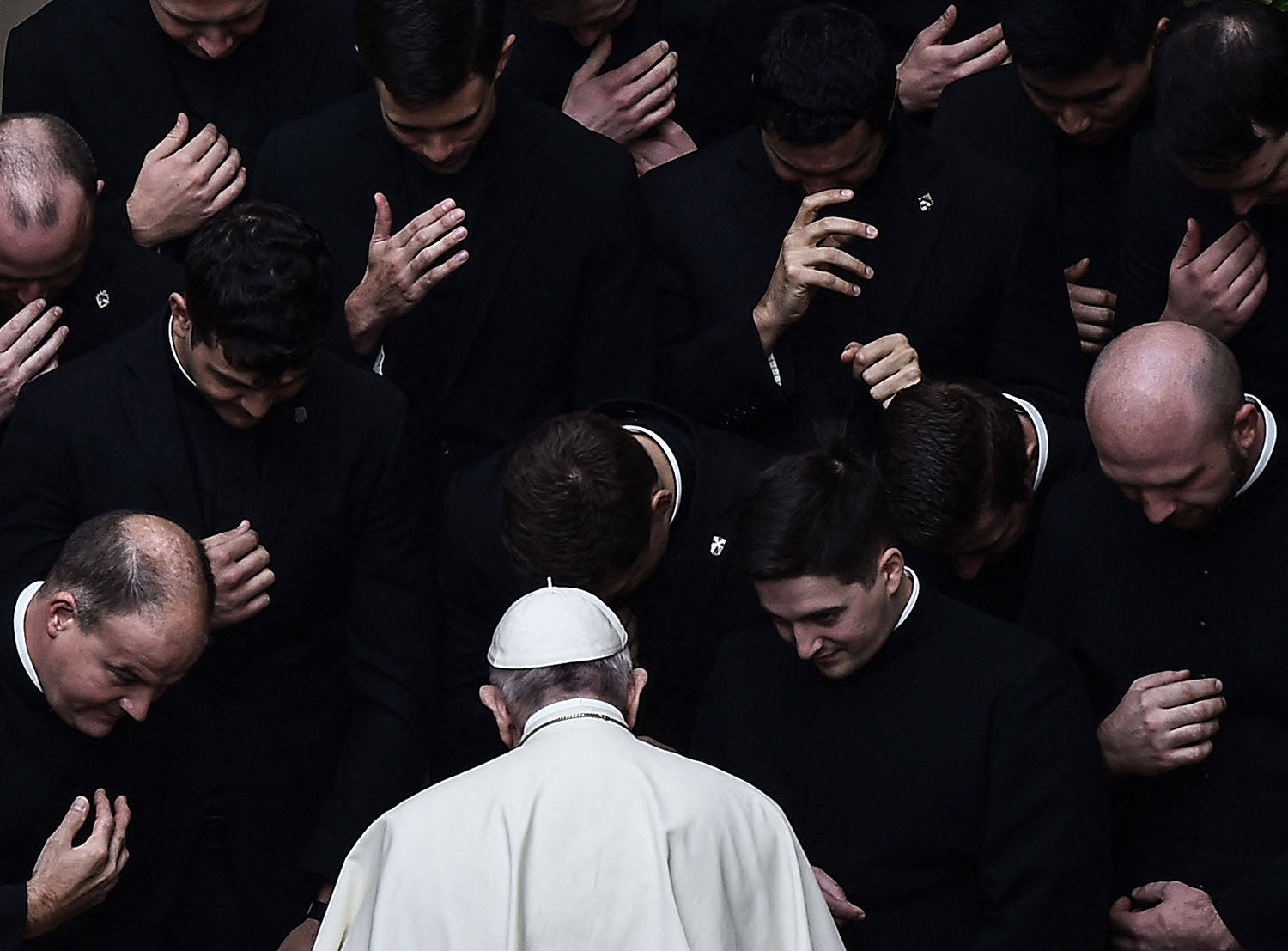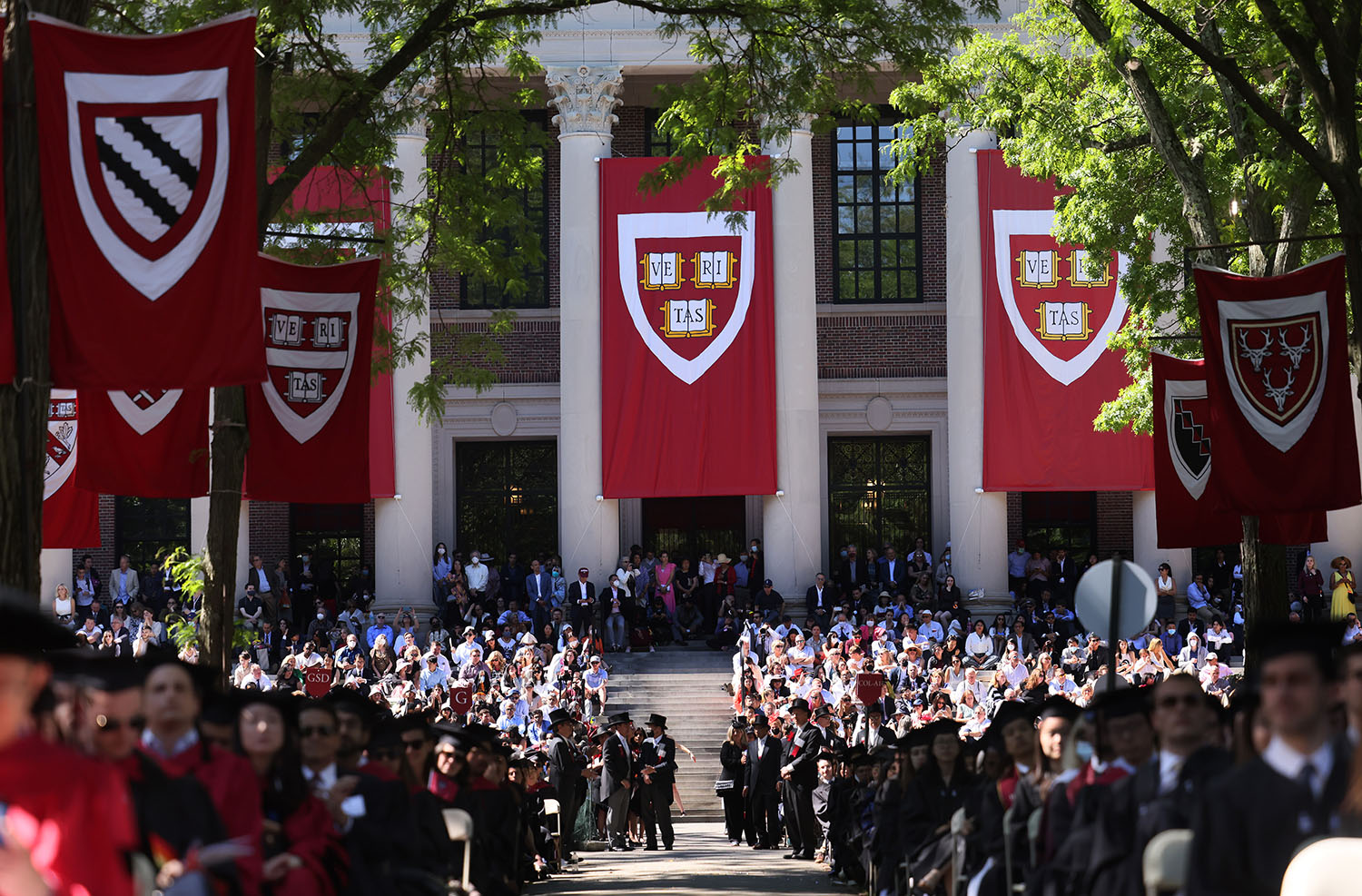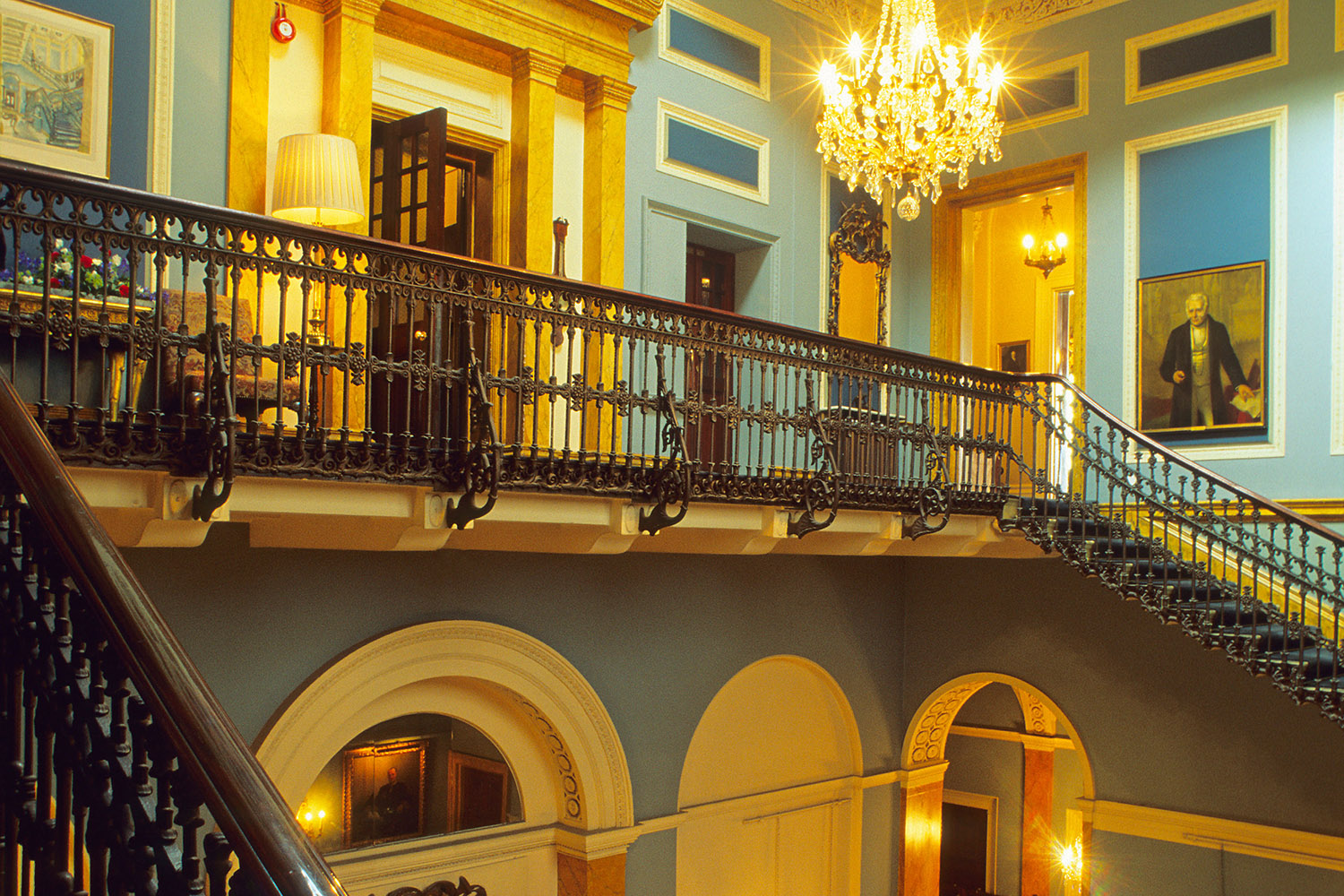
Others say this is a loophole that needs closing
The number of peers on a formal leave of absence from parliament jumped dramatically after new rules were introduced requiring them to declare income from foreign states.
So what? This is about who pays peers, and what they’re paid for.
- Taking a leave of absence is open to misuse as a way round the rules on foreign income disclosure.
- It’s a loophole. This is not what absences were meant for.
- Their abuse by a minority of peers has prompted others to worry about the chamber being used as “a private members’ club”.
Absent with leave. Lords may take a leave of absence without giving a reason as long as they state they have “a reasonable expectation” that they will eventually return and be able to take part in parliamentary proceedings. Although there are no fixed rules on the circumstances in which a peer may take leave, suggested reasons include
- medical treatment;
- to care for a family member; and
- to take up a diplomatic or “other role of uncertain duration”.
While on leave peers can’t take part in parliamentary proceedings but may keep their titles, use House of Lords facilities and entertain up to six guests on the parliamentary estate.
Money. They’re also exempt from having to declare their interests.
Time. The scheme is meant to be for temporary periods, and many who use it do so for the reasons for which it was set up.
Change. But there are growing concerns about possible misuse of the system since the change of disclosure rules in December 2021, when peers had to start declaring income from foreign states or state-owned entities.
In three months the number of peers taking leaves of absence jumped 48 per cent. It hovered at that level until parliament was dissolved for the general election this spring.
- December 2019 – 4
- December 2021 – 23
- April 2022 – 34
- July 2023 – 38
- May 2024 – 31
- Now – 21
In July, the senior deputy speaker told peers 18 colleagues had been on leave for at least two years – far longer than the measure is intended for.
Included among those who have taken a leave of absence in the last five years are
- at least four peers who have worked or are still working for Russians or Russian entities;
- at least six peers who have worked or are still working other foreign states including China and Kazakhstan; and
- at least four peers who are or were under investigation for standards breaches.
Some of those who took a leave of absence while working overseas include
- Lord Neuberger, while working for the Hong Kong Final Court of Appeal;
- Lord Mance, while working for the Astana International Financial Centre Court in Kazakhstan;
- Lord Livermore, now Financial Secretary to the Treasury, while working for McKinsey;
- Lord (Peter) Goldsmith, a lawyer who has “personally provided” services to the Russian Federation;
- Lord Davies, who also works for Fridman’s L1 Group, and was simultaneously the prime minister’s trade envoy to Sri Lanka; and
- Lord Barker, who has been on a leave of absence since 2019, including a period when he served as chairman of Oleg Deripaska’s En+ Group.
Others have taken leaves of absence during or shortly after investigations by the parliamentary commissioner for standards. These include
- Michelle Mone, currently under investigation over Covid PPE contracts agreed through the VIP fast lane;
- Lord Barwell, who was previously found to have breached the members’ code of conduct for not having declared his clients; and
- Lord Geidt, Boris Johnson’s former ethics adviser, who failed to declare he was being paid by a satellite company during a meeting with the Ministry of Defence.
Access all areas. Active peers have repeatedly spoken out against colleagues for their approach to the system, and called for it to be reformed.
Labour peer Lord Mann has called for an official inquiry to address this “loophole”, which is already being looked at as part of a wider review of peers’ code of conduct.
“It should be that you either take it or leave it, either do the job or don’t,” he told Tortoise. The House of Lords was being treated as “a private members’ club,” Mann said. “That’s its weakness, but it’s part of the culture – it’s absurd that you can be on a leave of absence and still have access.”
Last year the Conservative peer Lord Cormack said there were “big question marks” over some individuals’ use of the system, while Labour’s Lord Foulkes said it was being “exploited in an unfortunate way”.
Last month Lord Kirkhope of Harrogate called for a change to the system, saying the leave of absence provisions were being abused.
Not everyone agrees. Baroness Noakes recently said she “very much” regretted the new rules, precisely because they had caused several peers to take a leave of absence.
What’s more… Noakes, a former president of the Institute of Chartered Accountants in England and Wales, said of the rules: “Those of us who had careers in professions that regard client confidentiality as sacrosanct were frankly appalled by them.”
Further reading: Lobbyist keeps Lords access by mistake
The Peer Review: explore the tool











